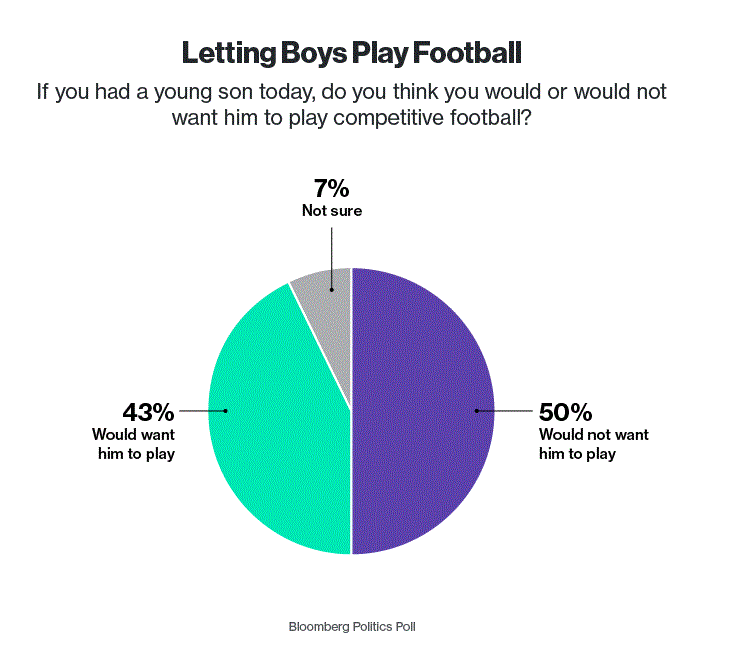We talk a lot about changing things up here on the blog when it comes to horse racing; things like higher field size, better pricing, exchanges, etc have been talked about since 2008. But, many of the changes we advocate, on the surface, seem much ado about nothing. I fully agree that whipping changes, or stopping kicking does not mean much in terms of handle. Changing medication rules to those that are fair and effective is not something that will make people come to the racetrack, or buy horses starting tomorrow.
These changes (and others) are cultural in nature, and in the long term, when the culture changes from "it's just a horse" to "it's a horse" things can begin to set the table for improvement. Statements changing to "even people who don't watch us control the purse strings, so how the sport is presented is important" from "we got slots" is not something small. Getting the power brokers in the game to realize that the sport is not a protected monopoly and that increasing a takeout rate by 2% means less money, not more, seems an impossible task. That's ingrained in this sports' culture.
At the same time, if you go on twitter you will hear bellyaching about the game of NFL Football. You can no longer hit quarterbacks like you could ten years ago. You can't head hunt a guy coming over the middle without looking at you. You can't lead with a helmet. The players and some fans are up in arms about it. "That's not football", they say.
In the past three years, the long term health of the athletes with regards to career ending injury and concussions has been forefront. This was not done to help the older generation (that's over), and it was not done to correct the wrongs of the past or anything particularly in the here and now. Really, why would they change? The NFL is at the zenith of its popularity. Why change anything in the rules? Just provide some PR and off you go.
The NFL sees the writing on the wall. They're not doing it to speak to this generation of fans, they're doing it to change the culture for the next generation; to change the way football is taught to 10 year olds; to keep the sales funnel for professional football players, leagues, fans and people who spend money, vibrant.
Today Bloomberg released a survey: "Half of American's Don't Want Their Sons to Play Football"
- The finding suggest that, over the course of time, football could go the way of boxing, a marquee American sport in the early part of the 20th century that declined amid a similar set of dynamics....
- The poll also showed a generational divide, with 56 percent of those under age 35 saying they'd want their son to play.
The NFL knows this. They see in a crystal ball statehouses outlawing a "dangerous" game. They see fewer sales, fewer players; they see a possible world that you and I can not even fathom: I day when Sunday's are spent doing something different.
Flipping over to the sport of racing, this is tantamount to changes being made, not today, but in 1970.
- Lotteries are becoming prevalent, how do we hold onto market share?
- Vegas is becoming more and more popular. They're dropping slots takeout and people are betting those silly machines, what can we do to compete while we are charging 15% takeouts?
- The world is changing, the animal is becoming something that's held in higher regard. What can we do to ensure the public that we take care of the equine athletes? These people will be holding more and more power over the purse strings for our industry.
- People are investing more in the stock market and find racing too corrupt and difficult as an investment. What can we do to make it more attractive?
It will be very interesting to see if the NFL succeeds with the next generation, but even if they don't, they didn't go down without a fight. For horse racing it's clearly another matter. Reading the headlines, and looking at the chatter at the RTIP in Arizona this week, the sport has not reached any sort of tipping point when it comes to the big cultural picture, it's still dealing with band aids.



2 comments:
I wish there was a way to prove conclusively the correlation between take and handle. With money coming in from so many different locations and many other factors that affect handle, it seems tracks consider takeout secondary. It's funny because takeout talk is a least 40 yrs old. Art Grace wrote many articles in the 70s and 80s about take as well as the ny post writers of the 80s, and still no real campaign to lower takeout by significant amounts.
Excellent post, Dean, and you have used the NFL analogy well, as far as it goes.
Unfortunately, as you know well, the lack of a centralized authority in American racing makes the task far more daunting.
Post a Comment